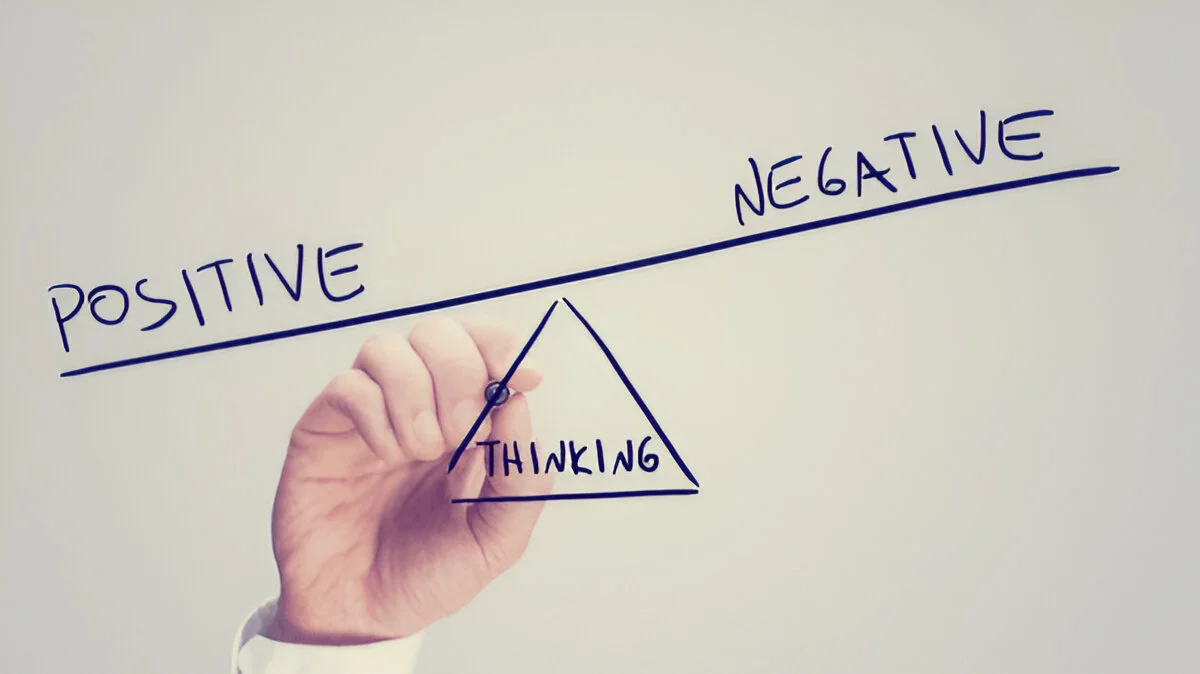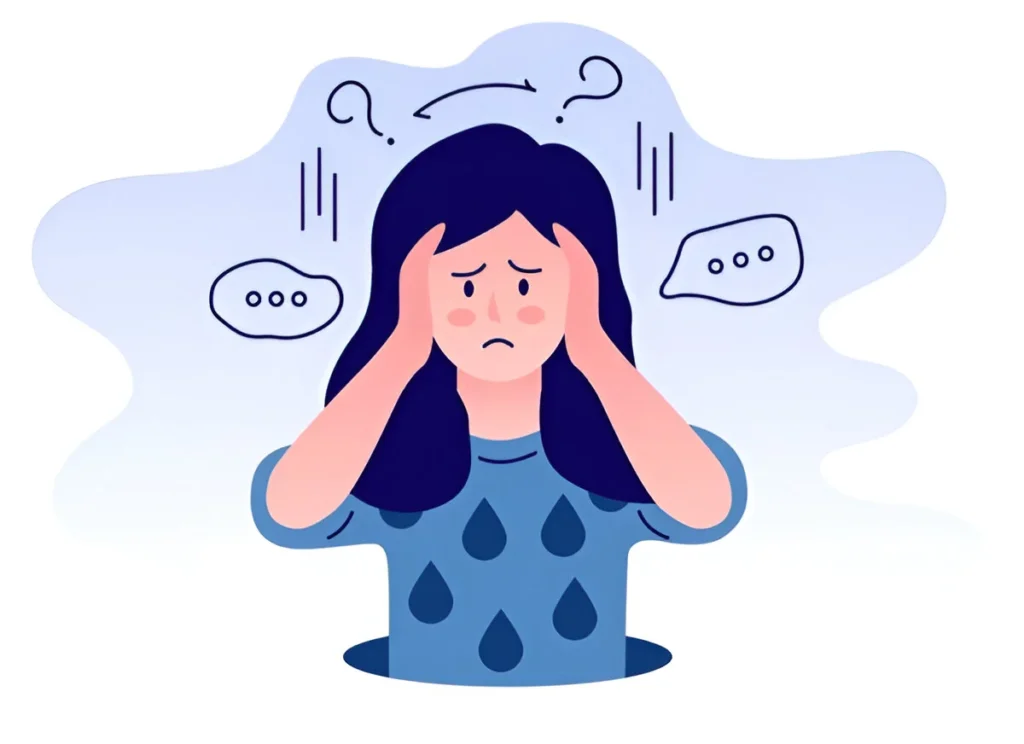-
129, Block-A Bangur Avenue, Mousumi Appartment, Kolkata 700055
129, Block-A Bangur Avenue, Mousumi Appartment, Kolkata 700055

Overcome Negative Thinking with practical strategies and expert insights. Guidance from a reputed counselor for lasting change.
Negative thoughts are something everyone experiences from time to time. However, when they become repetitive, harsh, or deeply ingrained, they can impact mental health, relationships, productivity, and even physical well-being. Learning how to overcome negative thinking is not about suppressing emotions—it’s about reshaping the way the mind interprets experiences and creating healthier, balanced perspectives.
This guide explores why negative thinking arises, its consequences, and practical strategies that can help shift mental patterns toward resilience and positivity.

Our brains are naturally wired with a “negativity bias.” This means we pay more attention to threats, mistakes, or criticism compared to positive experiences. While this once helped humans survive dangerous environments, in modern times it can keep us stuck in cycles of self-doubt, anxiety, or pessimism.
Some common causes include:
Recognizing the signs is the first step to change. Some common indicators include:
Unchecked negativity does more than create a bad mood—it shapes how we live:
By learning to manage these thoughts, individuals can transform not only their mental state but also their lifestyle.

Shifting the mind away from negativity requires patience and consistent effort. Below are evidence-based approaches that can be applied in everyday life.
Our thoughts often exaggerate reality. For example:
How to counter: Write down the thought and question its accuracy. Ask yourself, “Is there evidence for this belief? What would I tell a friend in my situation?”
Mindfulness teaches the brain to notice thoughts without attaching judgment. Instead of spiraling into “I shouldn’t think this way,” you simply acknowledge, “This is just a thought, not reality.”
Simple practices:
Instead of silencing the inner critic, replace harsh language with kinder alternatives.
Example:
Over time, the brain begins to adopt these healthier narratives.
Writing thoughts down makes them easier to manage. Pairing journaling with gratitude builds balance between challenges and appreciation.
Tips:
Surrounding yourself with people who uplift you helps counter negative cycles. Avoiding constant complainers or toxic influences can protect mental space.
Regular exercise, balanced nutrition, and proper sleep regulate hormones that influence mood. Even short walks outdoors reduce rumination and increase mental clarity.
While self-help methods are powerful, some negative thought patterns are deeply rooted. Trained professionals provide personalized tools, therapies like CBT (Cognitive Behavioral Therapy), and a safe space to explore challenges.
This is where the role of experts like the Best psychological counselor in Kolkata becomes invaluable. With experience, structured methods, and compassionate care, they guide individuals to break cycles of negative thinking and cultivate long-term mental resilience.
Sometimes negative thinking becomes overwhelming, and external guidance is necessary. Consider therapy if:
Professional counselors use scientifically validated approaches like:
Professional institutions bring together trained specialists who combine clinical knowledge with empathetic listening, helping individuals build confidence, emotional regulation, and inner peace.

Q1. Is it possible to completely eliminate negative thoughts?
No, everyone experiences them. The goal is to manage and reduce their impact, not to erase them.
Q2. How long does it take to notice change?
With consistent practice of reframing and mindfulness, many people see improvements within weeks, but deeper changes may take months.
Q3. Can lifestyle really affect thought patterns?
Yes, sleep, diet, and exercise directly influence brain chemistry, which affects emotional regulation.
Q4. Are professional sessions confidential?
Yes, reputable counseling clinics ensure complete confidentiality and a safe environment.
Q5. Can children and adolescents also struggle with negative thinking?
Absolutely. Young people may face academic, social, or self-esteem challenges. Early guidance can prevent long-term issues.
Negative thinking patterns may feel overwhelming, but they are not permanent. By becoming aware of distortions, practicing mindfulness, reshaping self-talk, and seeking guidance when necessary, anyone can break free from harmful cycles.
With expert help from trusted professionals overcoming negative thinking becomes not just a possibility but a sustainable lifestyle change. Institutions stand as beacons of support, offering individuals the tools to rewrite their mental narratives and embrace a balanced, fulfilling life.